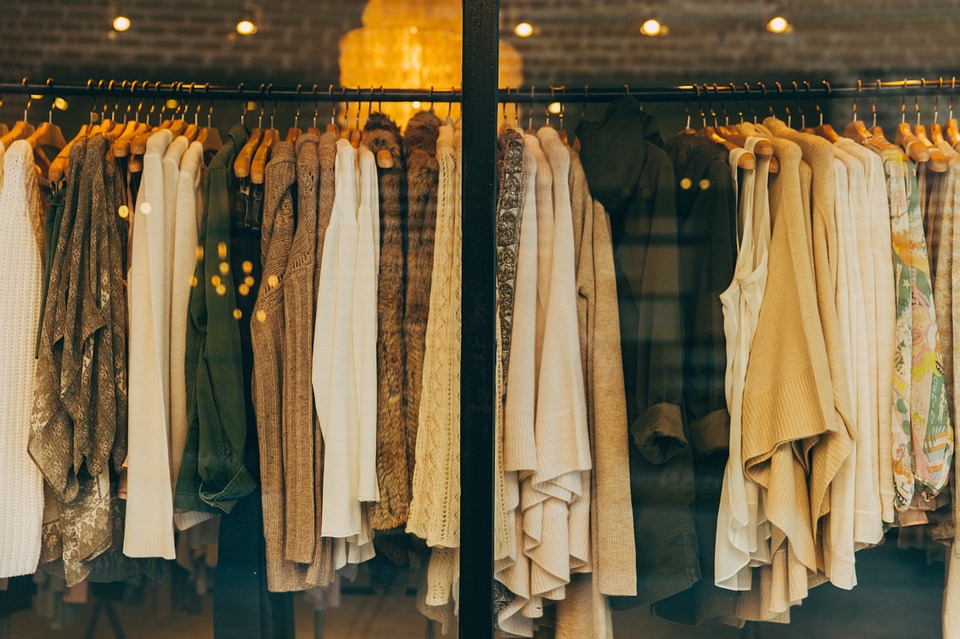Freshers week has just passed, which means the infamous Ocean, lots of nights out and consequently a lot of clothes.
While you’re buying all your outfits for your new beginnings and future club nights, bear in mind that throw-away clothing contributes more to climate change than air and sea travel combined.
This isn’t a lecture about how you shouldn’t go buying new outfits but is a little reminder to be mindful and only buy clothes that you know you will get some good use out of and not just wear on that one night out.
While lots of people are recently becoming more environmentally aware and taking reusable bottles and mugs with them everywhere they go, clothes seem to be taking a little bit of a back seat.
People are far more interested in knowing where their products are coming from and how they were made than ever before, however, the price and style of clothing is still first priority.
Ok so yes, we’re students which means we’re looking for affordable clothing which is fair enough but how about going vintage and having a look in some charity shops and places like Depop and eBay?
Less than 1% of the material used to produce clothes is recycled into new clothing so why don’t we try reusing clothes that other people don’t want any more instead of contributing to the world’s climate change crisis.
While buying new clothes can add to the buildup of excitement for an event, there is definitely something in the back of your wardrobe that you can re-visit.
The fast fashion industry has a lot to answer for. The tradition of introducing new fashion lines on a seasonal basis is being challenged. There used to only be four seasons a year – summer, winter, autumn and spring. Now there are 52 micro-seasons per year which means new collections every week. For example, Topshop online introduces 400 new styles every single week.
Fast fashion is not sustainable as it contains dangerous dyes, synthetic fabrics, lead and countless other chemicals which almost never get broken down and spend their life releasing toxic chemicals into the air.
Try buying from responsible brands and choose cotton over polyester if you can as polyester contains microfibers which goes into our water and marine life when we chuck our clothes into the washing
machine.
The other problem of fast fashion is for those who are suffering as a consequence. If you’re paying £5 for a dress, this probably means that someone somewhere is being underpaid and consequently underfed and unable to provide for their families. This sort of labour has to end and it’s up to us to make a difference.
Overall, my top tips are:
- Spend an afternoon going through your wardrobe and making ‘keep’, ‘re-sell/donate’ and ‘recycle’ piles.
- Try buying from responsible brands where possible and check the material.
- Make sure anything you buy will get at least more than one use.
- Look at buying from charity shops and online places such as Depop and Ebay.
- Consider a bit of DIY, why not rip those jeans or crop that top yourself?
- Follow sustainable influencers and brands on social media for inspiration
- Set yourself budgets, you’ll be doing the world a favour by not buying so frequently and also giving your bank account a little break!
Fast fashion is guilty of committing many crimes against people and the environment. We haven’t got many years left to tackle climate change so let’s try to make a difference in as many ways we can.
By Katie Sharmana

